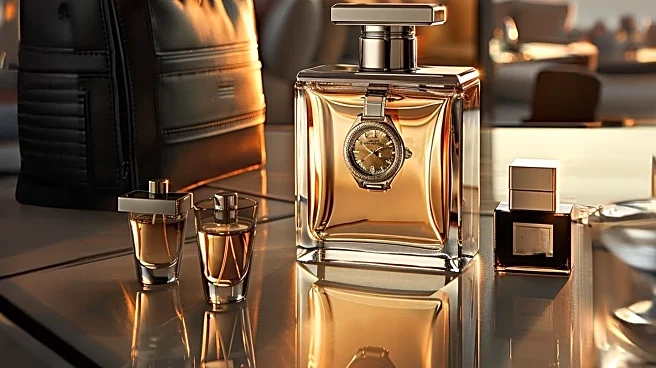What's Happening?
Luxury hotel brands such as Ritz-Carlton, Four Seasons, and Belmond are expanding their offerings by launching yacht products, according to Virtuoso GM Greg Treasure. This move is reshaping the high-end travel market by combining the luxury hotel experience with cruising. These vessels are designed to offer amenities similar to luxury hotels, including state rooms akin to hotel suites, fine dining, and favorable passenger-crew ratios. Ritz-Carlton already operates three vessels, with Four Seasons and Belmond planning to follow suit. The trend reflects a global growth in cruise travel and a shift in the definition of luxury, emphasizing remoteness, privacy, and space.
Why It's Important?
The introduction of yacht products by luxury hotel brands signifies a shift in the travel industry towards more exclusive and personalized experiences. This trend could impact the cruise industry by attracting high-end travelers seeking unique and private experiences. It also highlights a broader redefinition of luxury, focusing on emotional and experiential aspects rather than traditional opulence. This could lead to increased competition among luxury travel providers and influence the development of new travel products and services.
What's Next?
As luxury hotel brands continue to launch yacht products, the travel industry may see further innovations in combining hotel and cruise experiences. This could lead to new partnerships and collaborations between hotel chains and cruise operators. Additionally, the focus on remoteness and privacy may drive the development of more secluded and exclusive travel destinations, catering to the evolving preferences of luxury travelers.
Beyond the Headlines
The trend towards luxury yacht products raises questions about sustainability and environmental impact, as increased cruise travel can contribute to pollution and ecological disruption. Luxury brands may need to address these concerns by implementing eco-friendly practices and technologies. Furthermore, the emphasis on privacy and remoteness could influence cultural perceptions of luxury, shifting away from conspicuous consumption towards more subtle and personal experiences.









